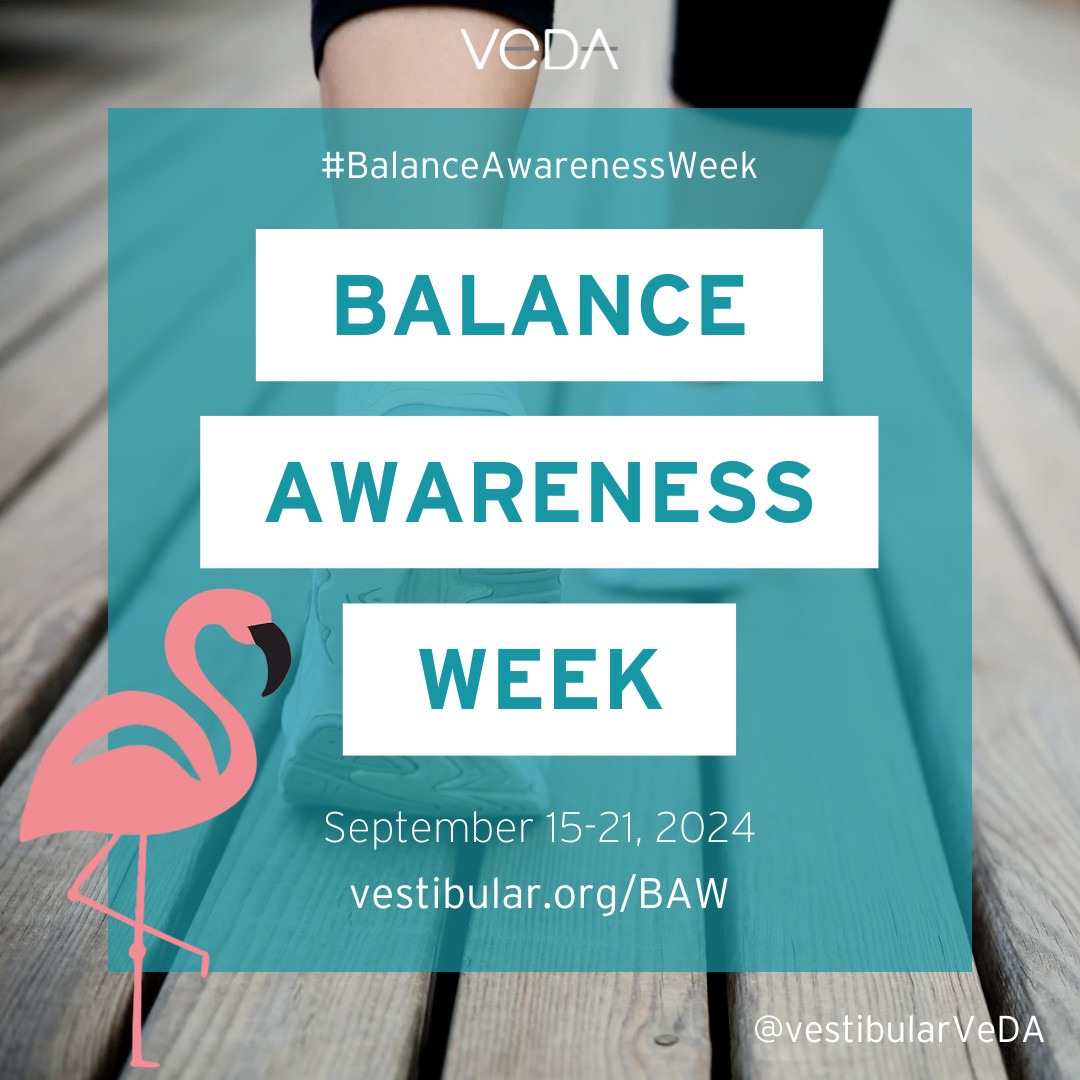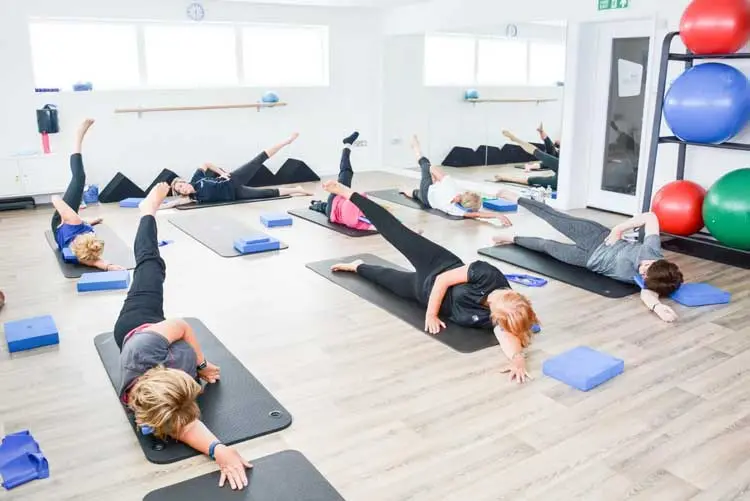
Balance Awareness Week takes place annually in the third week of September.
The aim of the week is to broaden understanding of vestibular (inner ear) disorders and how they affect people’s day to day lives. Those who are affected by balance issues often report that their family, friends and colleagues don’t understand what they’re going through due to the hidden nature of this condition. Many people haven’t even heard of these conditions.
Balance Awareness Week helps raise awareness of these debilitating inner ear conditions.

So, what is the vestibular system?
The vestibular system is the balance organ in the ear responsible for maintaining balance, posture and the body’s orientation in space. It is made up of three semi-circular canals and two structures called otoliths. The organ of hearing (cochlea) is also in your inner ear.
The balance system works by coordinating information in the brain for the three senses used for balance: the eyes, the balance organ in the inner ear and the body’s internal sense of balance. If there is vertigo (severe dizziness) it means the brain has not been able to properly coordinate information from the balance senses. As the balance organ is faulty the brain becomes more dependent on information coming from the eyes and sensors in the body. (Source)
Examples of vestibular conditions:
- Benign paroxysmal positional vertigo (BPPV)
- Endolymphatic hydrops
- Labyrinthitis
- Mal de debarquement syndrome (MdDS)
- Ménière’s disease/syndrome
- Perilymph fistula
- Persistent Postural-Perceptual Dizziness (PPPD)
- Superior semicircular canal dehiscence
- Vestibular migraine
- Vestibular neuritis
Read More
goPhysio Dizzy Clinic – did you know, as Physio’s we can easily and quickly treat BPPV with a manoeuvre, called the Epley Manoeuvre. BPPV is the most common cause of dizziness. So, if you suffer with BPPV, do get in touch and see if we can help you.
Dizzy? Physio could be your solution – read more here
#BalanceAware



